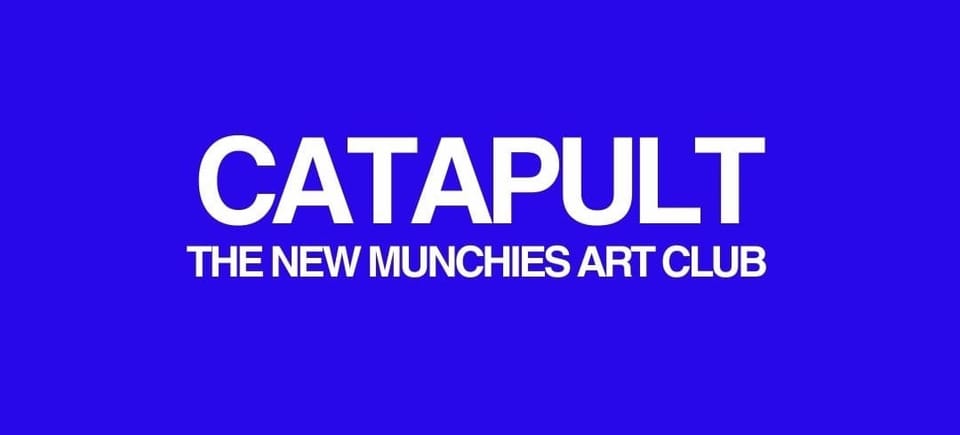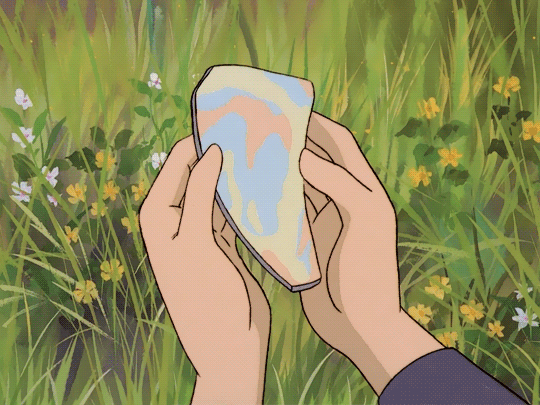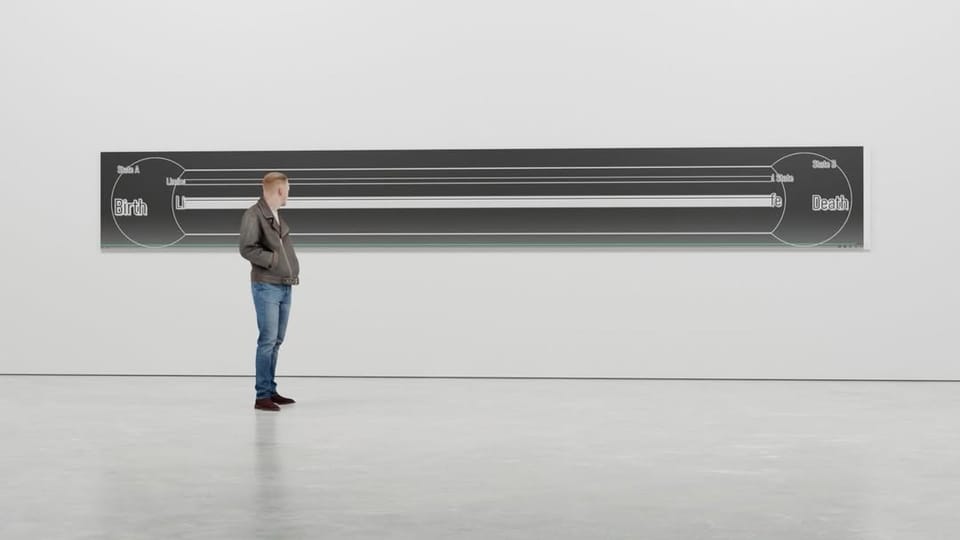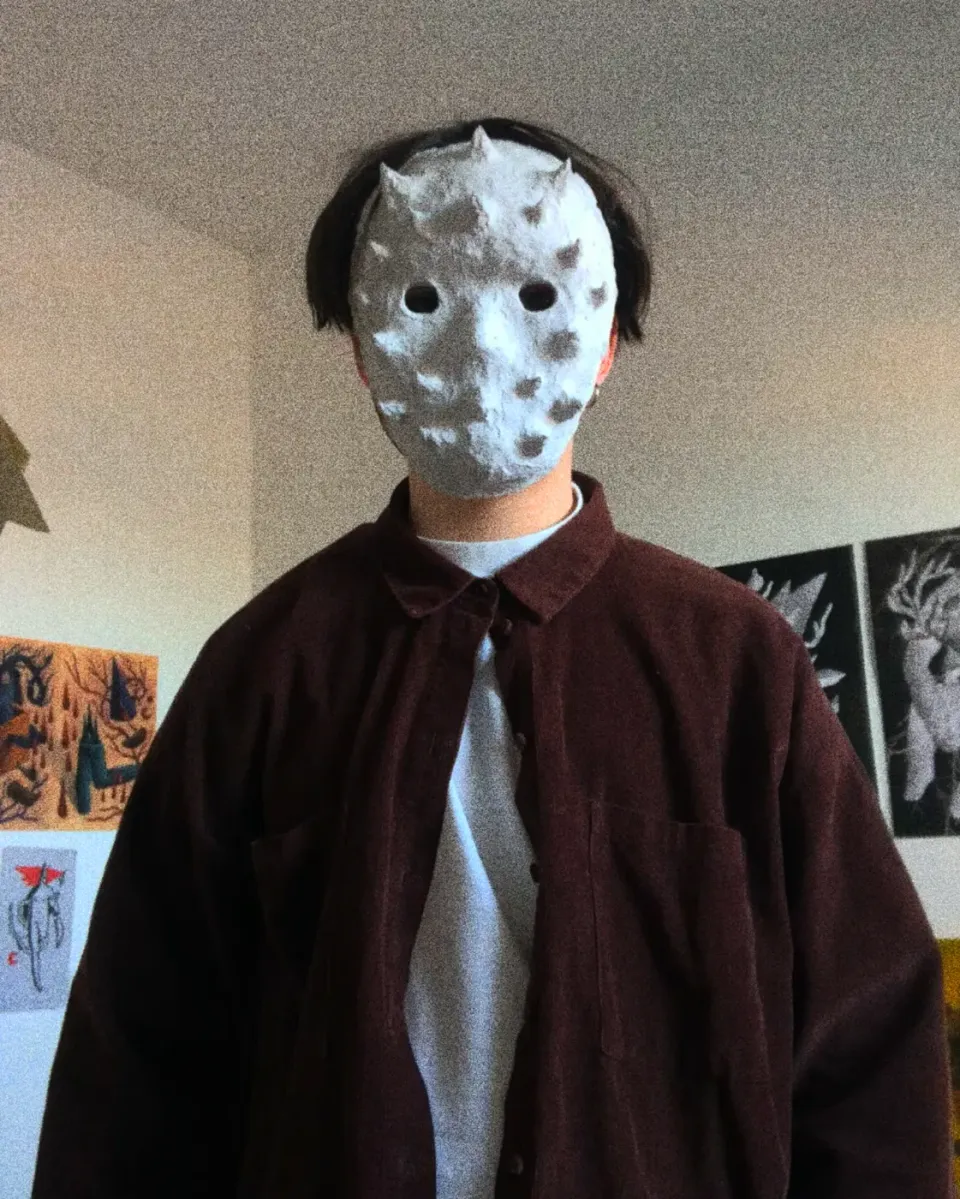Meet Katharina Hoffmann: The New Curatorial Force and Writer at Munchies Art Club
Welcome Katharina Hoffmann, our new austrian curator and writer, bringing fresh insights and expertise to Munchies Art Club
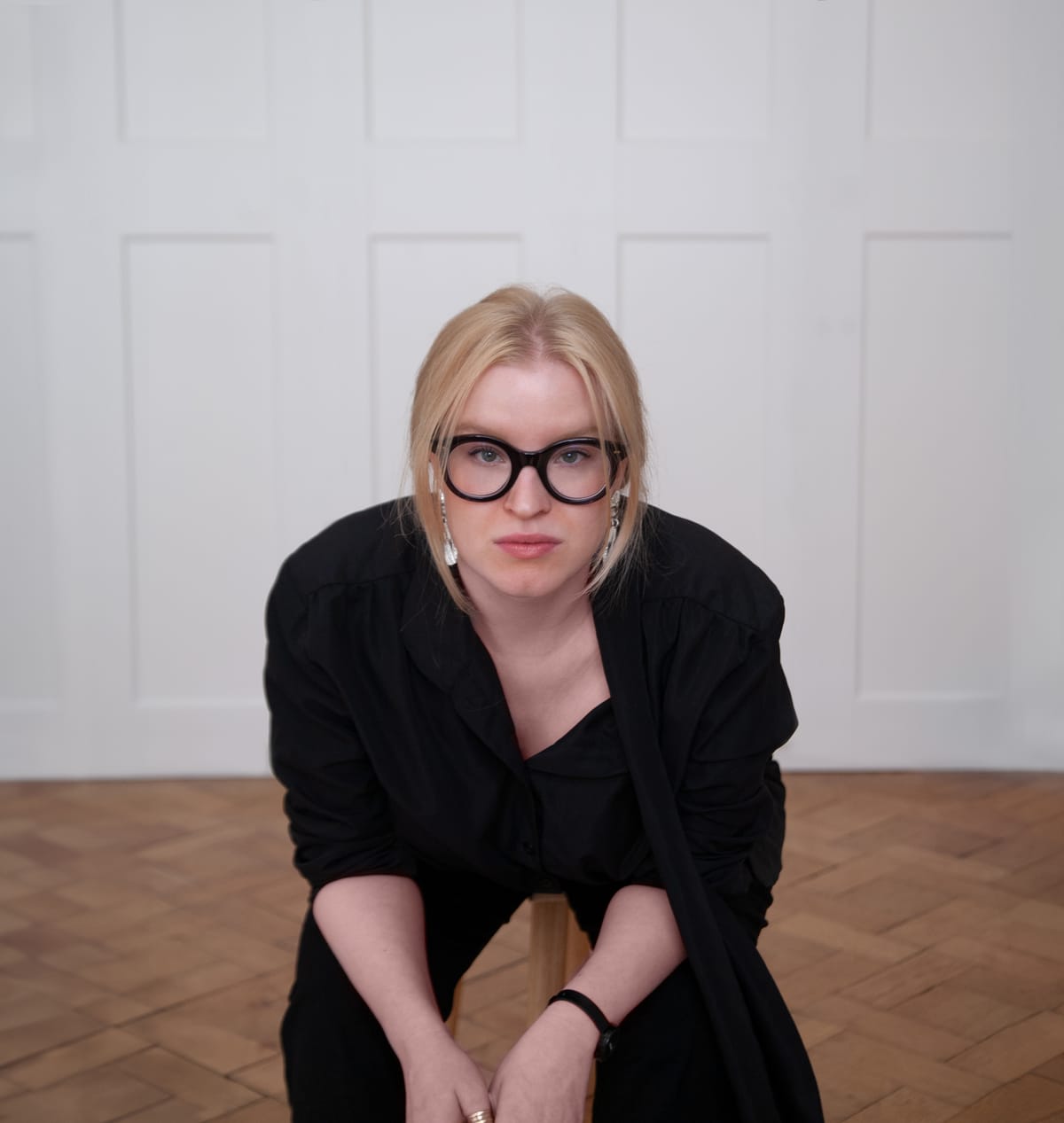
Curatorial Excellence by Katharina Hoffmann
Katharina Hoffmann MA (*1996, Ulm) is a curator, art writer, and art historian specialising in the Central European art scene.
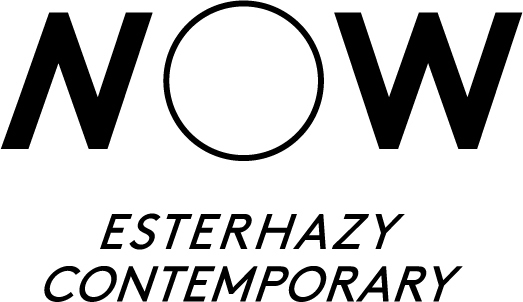
She holds a Master's degree in art history from University of Vienna with a focus on Digital Humanities and Aesthetic Philosophy.
Katharina Hoffmann: Introduction of the nominees for the Esterházy Art Award 2023. Photo Credit: Kerekes Zoltán, Video Credit: Katharina Hoffmann, Graphic Design: Szmolka Zoltán
She is Co-Founder of the polyphonic art critics blog resonanzen.store. Currently she’s working as a curator for Weißer Saal at Esterházy Palace and is assistant curator for Esterhazy Now Contemporary.
Art in challenging environments will be one of my focuses for Munchies Art Club
She has curated exhibitions in Berlin, Budapest, Eisenstadt, and Vienna. Additionally, she contributes articles and reviews to resonanzen.store, Les Nouveaux Riches, and writes texts for various art catalogues.
We asked Katharina Hoffmann a few questions:
Great to have you here, Katharina! What are your passions in the art world that you are eager to explore?
Thank you so much, I'm very happy to be a part of Munchies now! I am driven by the quest to understand the inner workings of art, or Goethe's 'poodle's core' - the crux of the matter.
In other words, what makes art 'work' and compelling?
Abstract concepts have a distinct composition, and one has to continuously hone the skill to unpeel each layer to find out why certain components work (or not).
With this underlying motivation, I'm always on the lookout for great artists and I enjoy writing about their artworks and bringing them to new audiences.
Fostering an understanding of the necessity of art in society is my second goal.
To have a new platform for my writing makes me really motivated to further explore the contemporary art world.
How has your background in digital humanities influenced your approach to art curation and criticism, and how do you plan to incorporate this perspective into your work?
After taking an introductory course in digital art history in 2019 I became hooked and decided to explore the 'digital' side of art in various courses at the new Digital Humanities Master's programme at the University of Vienna.
The programme developed my knowledge in a variety of digital tools.
For example, I worked with a philosopher and two historians on the interdisciplinary project "Early Scientific Journals".
We collected information on early scientific journals from 1688 to 1800 and created three different databases.
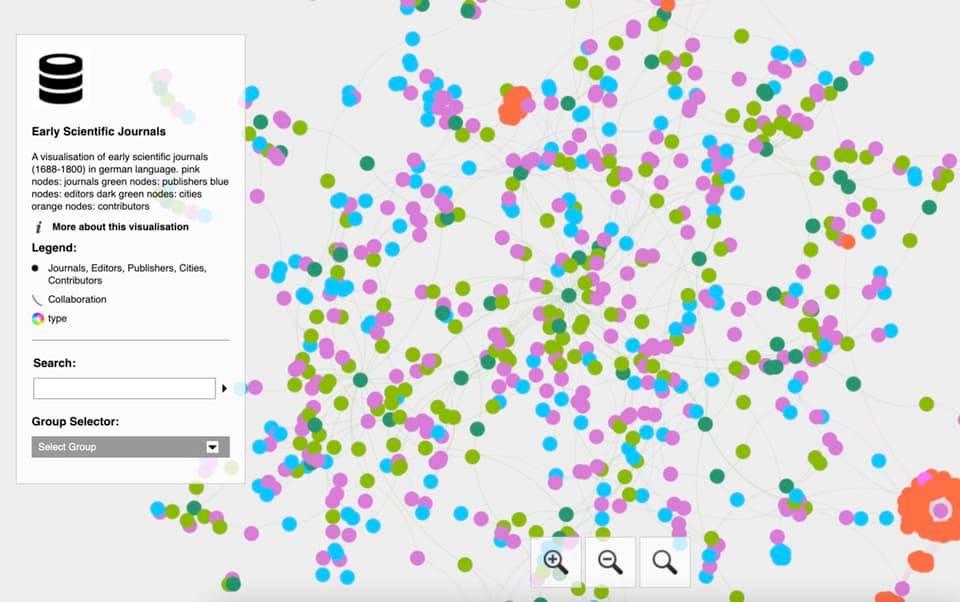
I really enjoy how art and the sciences communicate in this process. By building databases step by step, I developed methods to find logical connections in large amounts of data while remaining open to questioning these results in conversations with my interdisciplinary team.
I integrated these digital tools into my research as an art historian. For my Master's thesis, I used a search engine to explore all occurrences of the term 'abstract' in John Ruskin's work.
This approach accelerated my research process and helped me produce various hypotheses.
Ruskin did not structure his theoretical writings in a conventional way; rather, he articulated his thoughts spontaneously, often using key passages as examples, rather than constructing theory in a systematic way. This allowed me to organise his ideas chronologically and to formulate a theory about his use of the term.
In general, AI and digital tools such as mapping, social network analysis and database building have great potential in uncovering and representing connections in an accessible way.
Developing a critical sensibility towards AI, its possibilites and limitations in an age where text and imagination are easy to generate, is key to understanding why art, its curation and art writing stand out.
I firmly believe that we need to continue facilitating further dialogue between art and the computational disciplines. Digital humanities, from my experience working in an interdisciplinary team, offer an ideal avenue for this and I am excited to see how digital methods are increasinly integrated in the humanities.
How has your experience and involvement in the Vienna art scene shaped your perspective on contemporary art, and how do you plan to bring that influence to your contributions at Munchies Art Club?
The art scene, especially in Vienna, is thriving like in no other city. Weekly openings in various institutions, galleries, off-spaces and even spontaneous happenings make it special.
Working in unusual spaces, such as the Tittie Show, a solo exhibition by Lena Dobner that I co-curated at Verein Fortuna, was quite a fun challenge. A small backroom full of breasts finally had its moment!
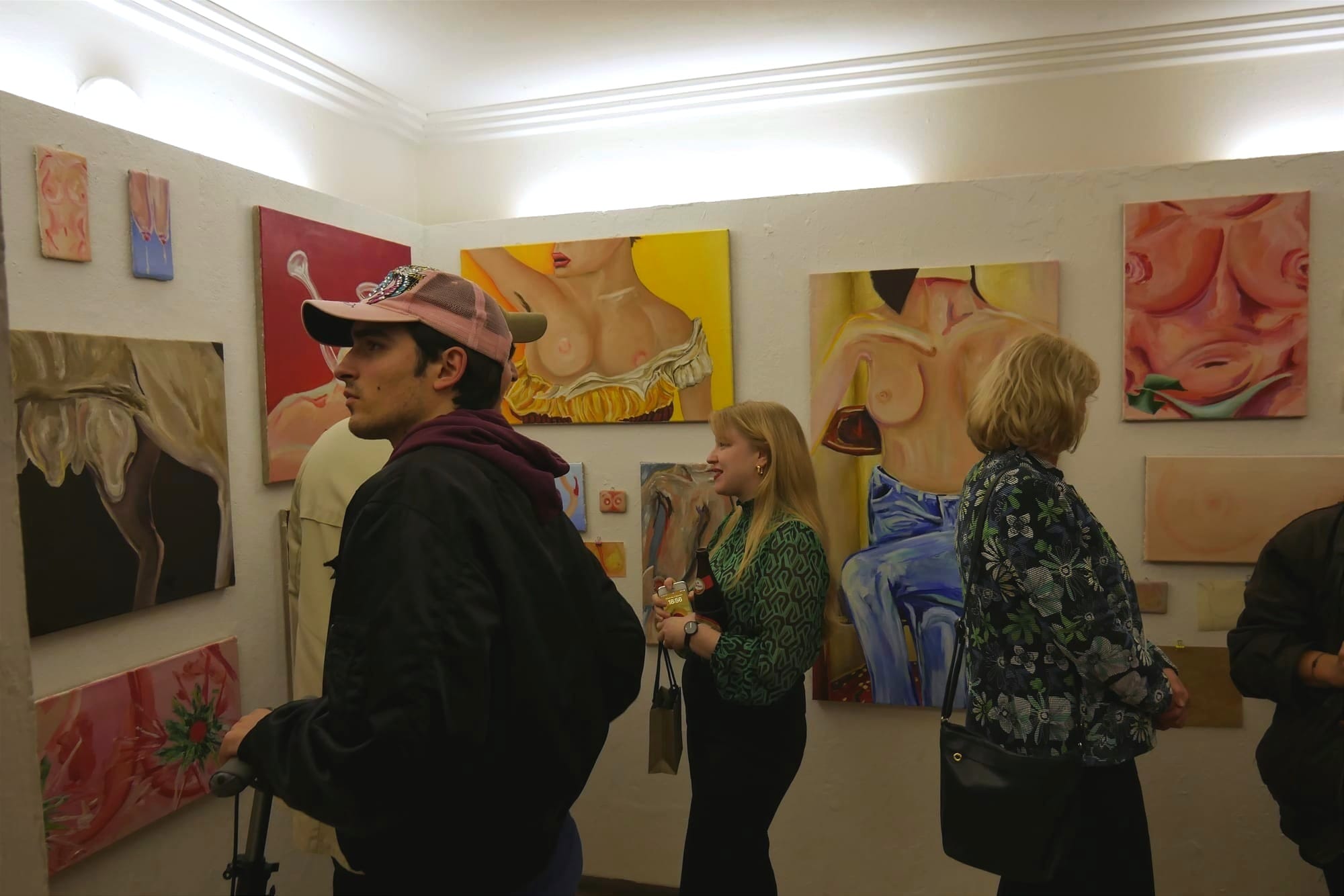
It taught me a lot about thinking outside the box and working more creatively with space. I see this process reflected in my current exhibition at the Esterházy Palace.
Dominika Trapp painted a black stripe on the wall and continued it on the interior wall next to the window.
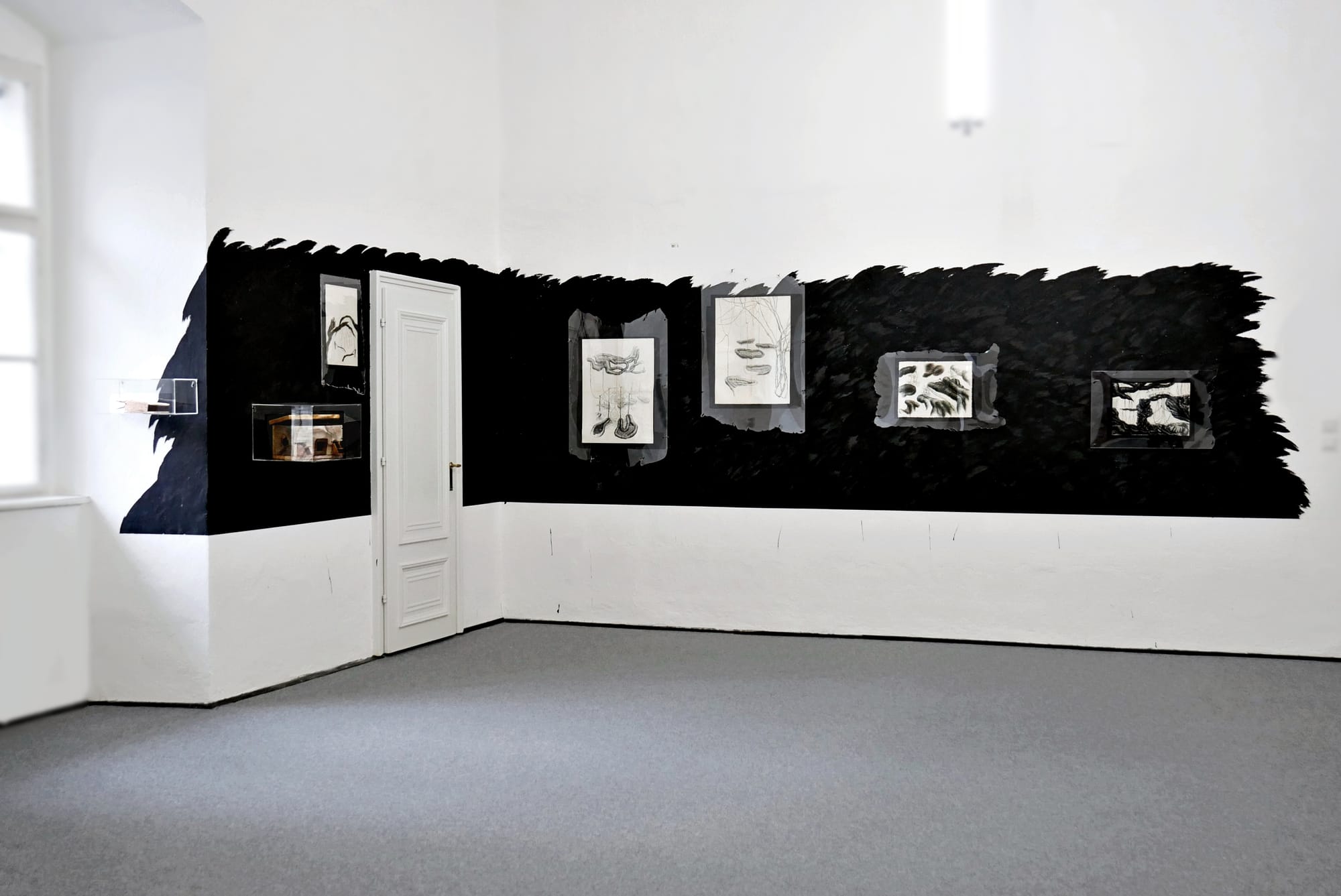
I thought, since the stripe is already there, why not put the Plexiglas box on top of it? It made her presentation lively and "pop".
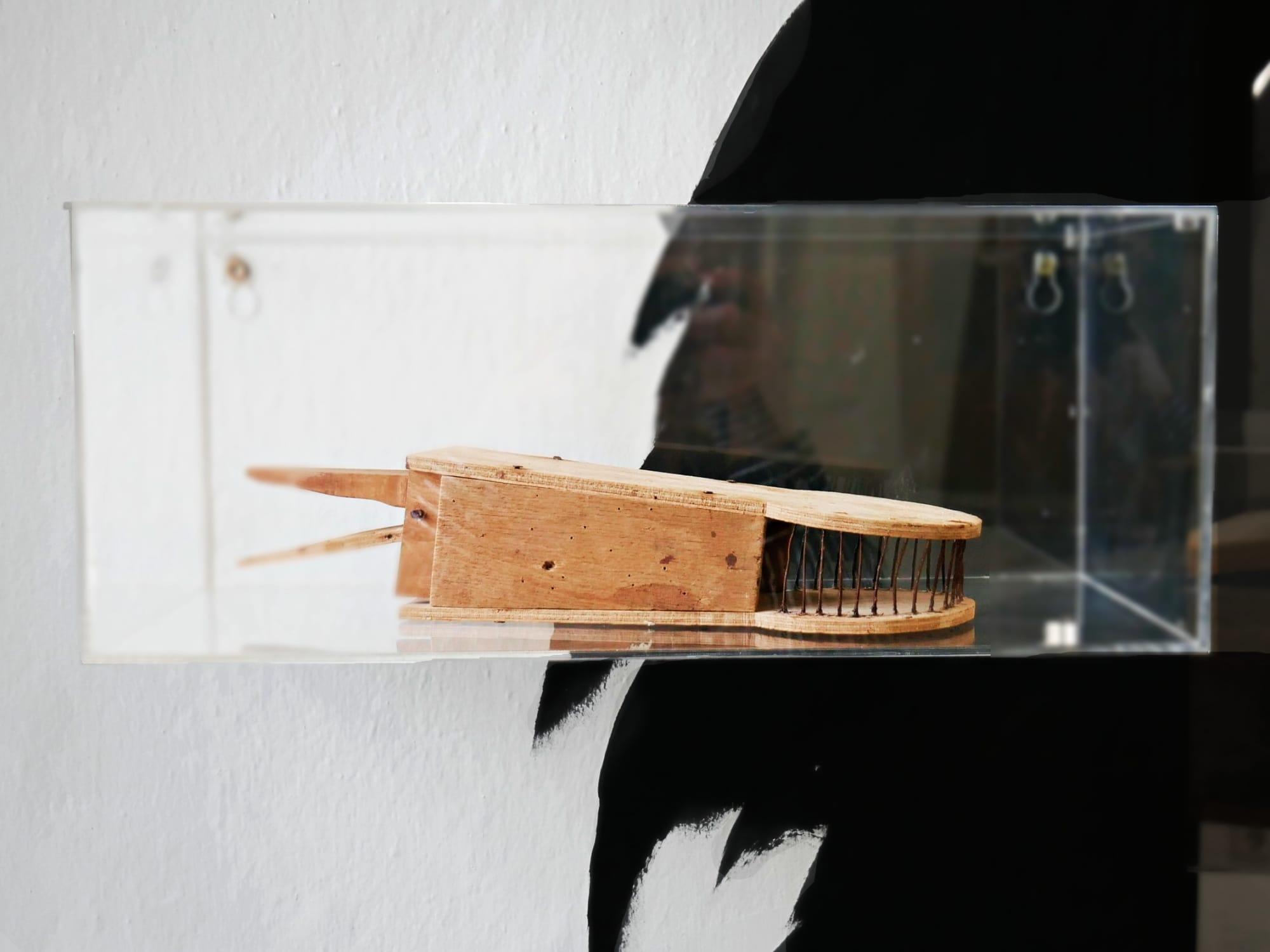
Unique approaches to presenting art in challenging environments will be one of my focuses for Munchies. Celebrating remarkable curators and showcasing their distinctive work is a must for me.
Can you share some insights from your experience curating for Esterhazy's private contemporary art collection? How did this role influence your approach to curatorial projects?
I started my job at Esterhazy in May 2023, the day after Lena Dobner's first successful solo exhibition Power Pressure Pod at the Sächsische Landesvertretung in Berlin which I planned and co-curated.
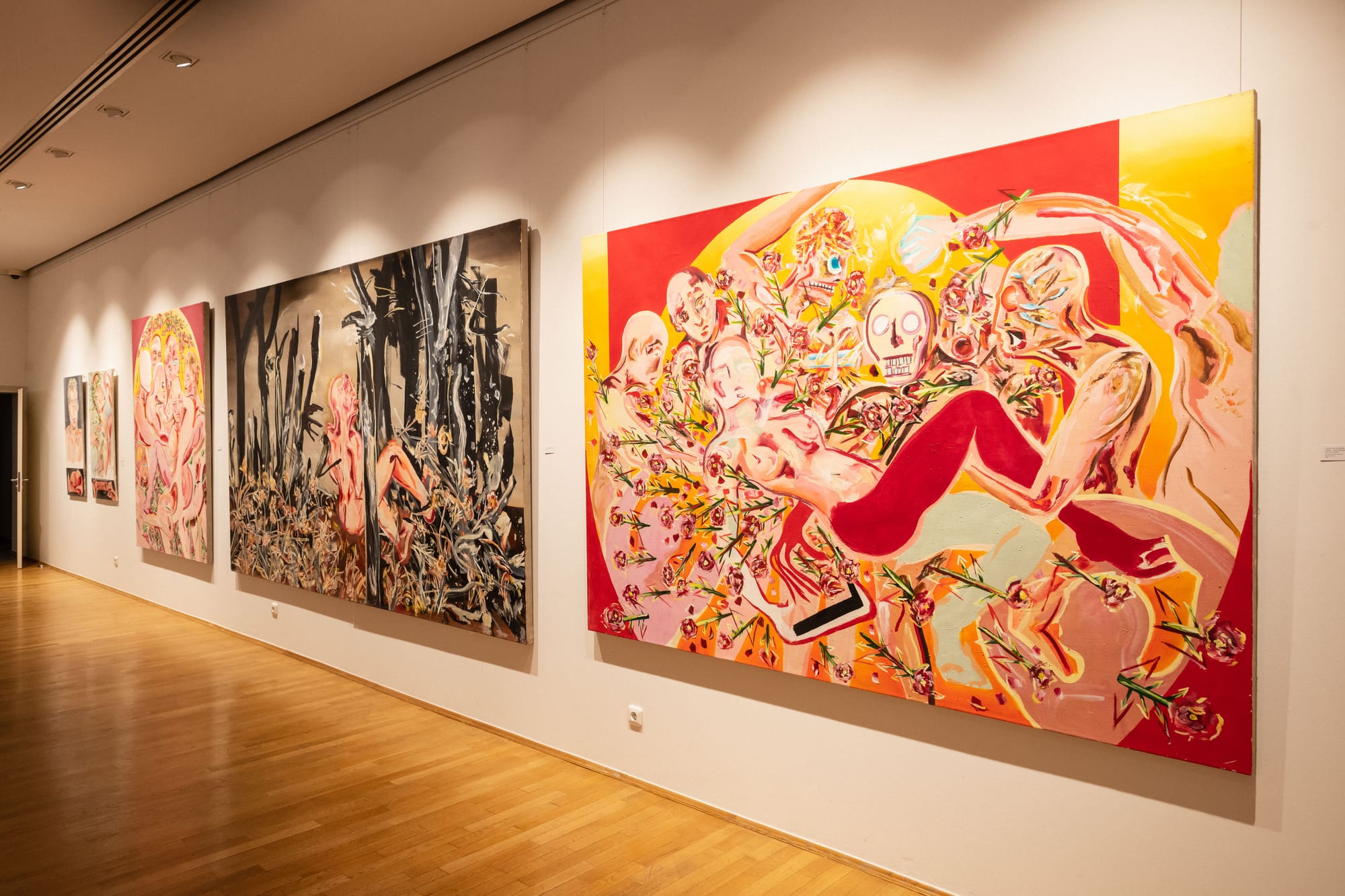
My boss and colleague, Vitus Weh, quickly involved me in all of the projects: art advising, curating exhibitions within and outside the palace, organising an art market, researching the Symposium Europäischer Bildhauer at St. Margarethen, and assisting with the Esterházy Art Award in Budapest.
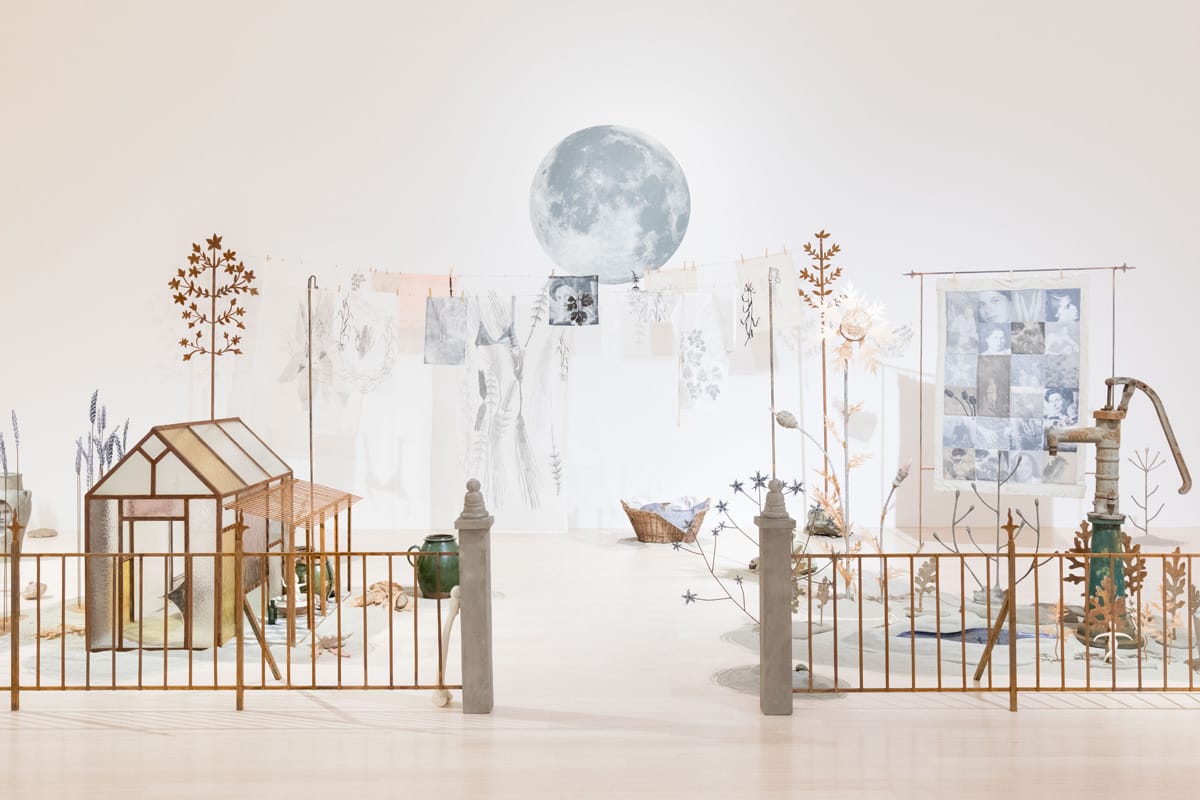
In December 2023, I had the pleasure of assisting and working on the Esterházy Art Award at Ludwig Múzeum in Budapest.
This included studio visits (which lasted the entire summer), photographed the artists, while I planned the visuals and wrote artist statements for the booklet.
This experience led to the next step in my career: becoming the curator of the Weißer Saal at Esterházy Palace.
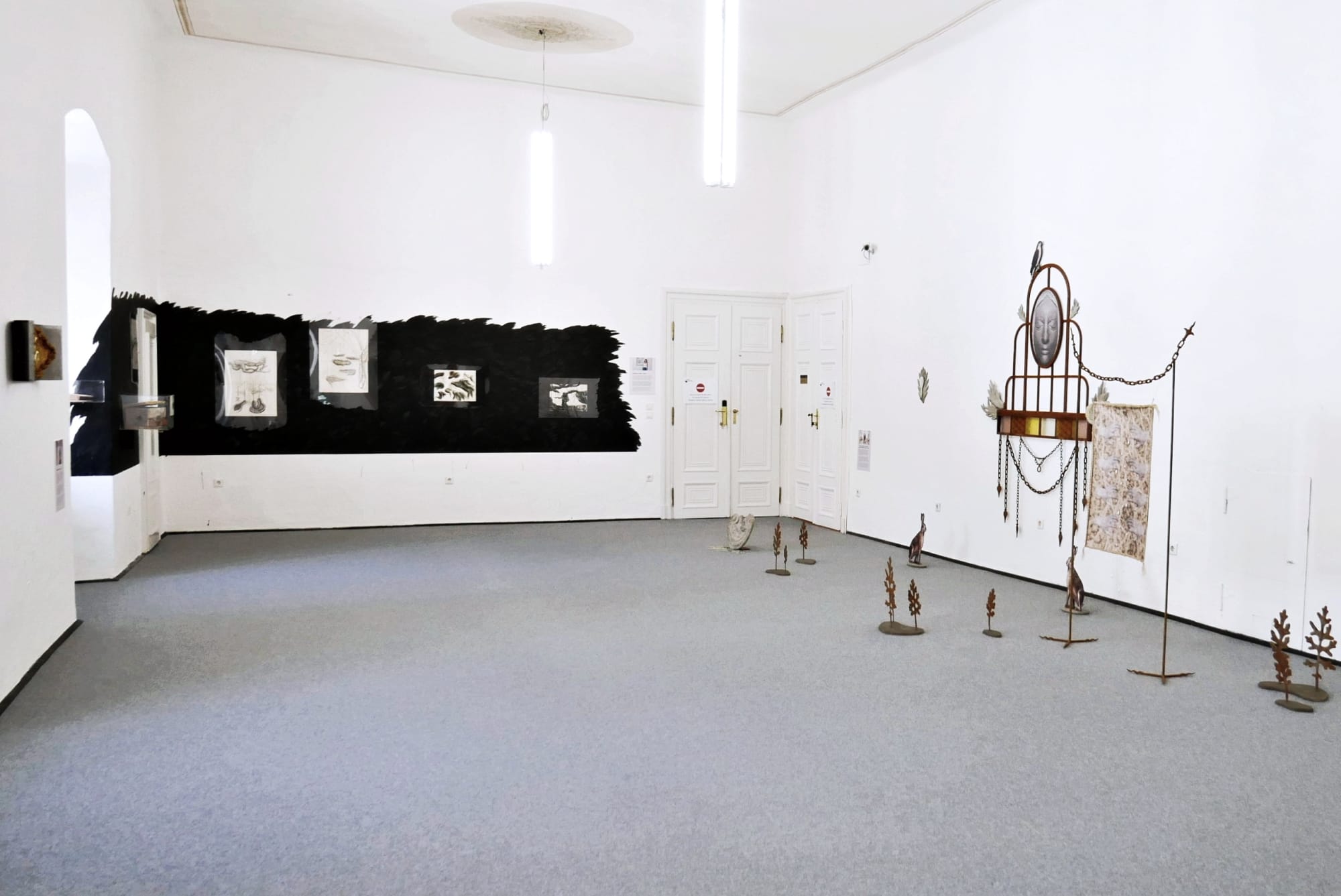
In April, I curated the exhibition Breaking the Frame featuring Esterházy winners Dominika Trapp, Gideon Horváth, Karina Mendreczky & Katalin Kortmann-Járay, as well as the public winner Rita Süveges.


Breaking the Frame Exhibition
My role has opened my eyes to art as a universal language. Exploring the diverse art scenes of Austria's neighbouring countries revealed a wealth of remarkable art.
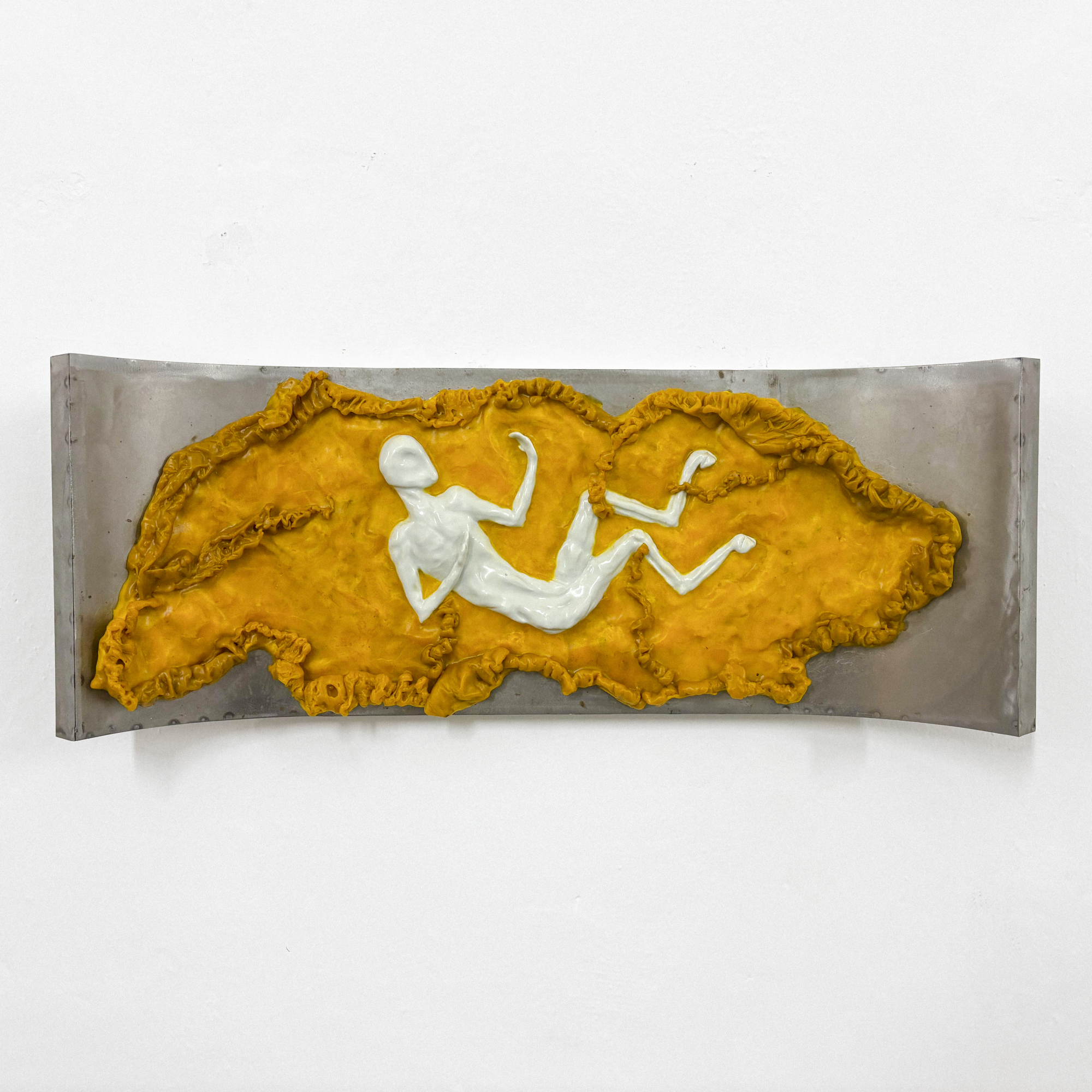
Understanding contemporary artists' unique struggles helped me to appreciate how culture operates in different national settings but also its potential to transcend these boundaries.
Can you share some of your plans and ideas for upcoming articles (Sneak Peak) or Instagram posts on Munchies Art Club?
In May I visited Ljubljana during its Art Week and really fell in love with the art scene there. The curatorial team at ETC. organised the incredible exhibition Selling Out in an abandoned shopping mall, addressing the precarious situation of artists and cultural workers.
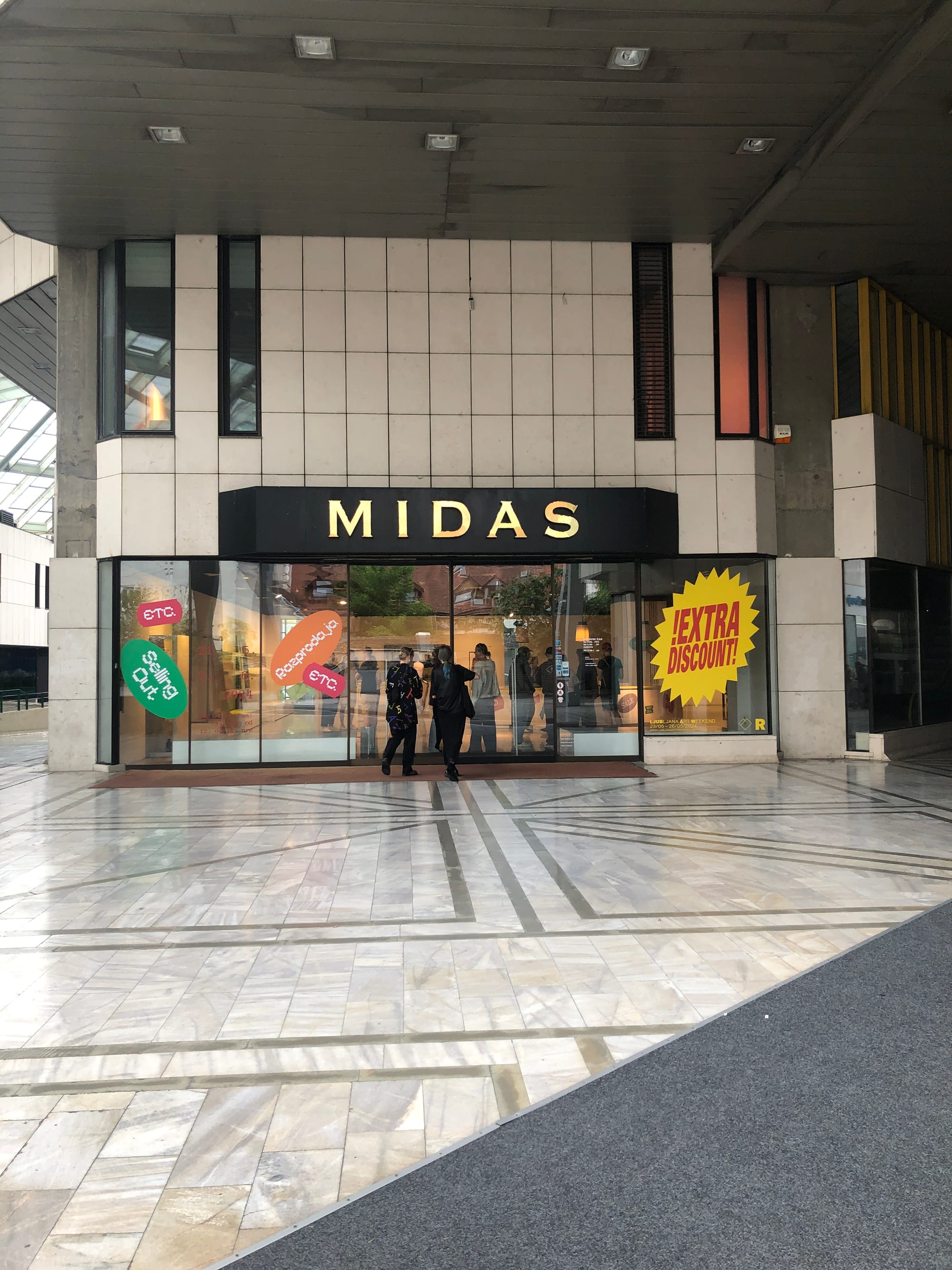
The concept was remarkable and the exhibition spanned three floors, making exceptional use of the space.
Stay tuned!
Summary: Katharina Hoffmann is a curator, art writer, and art historian specialising in the Central European art scene. She has curated exhibitions in Berlin, Budapest, Eisenstadt, and Vienna.
Follow Katharina Hoffmann on Instagram

